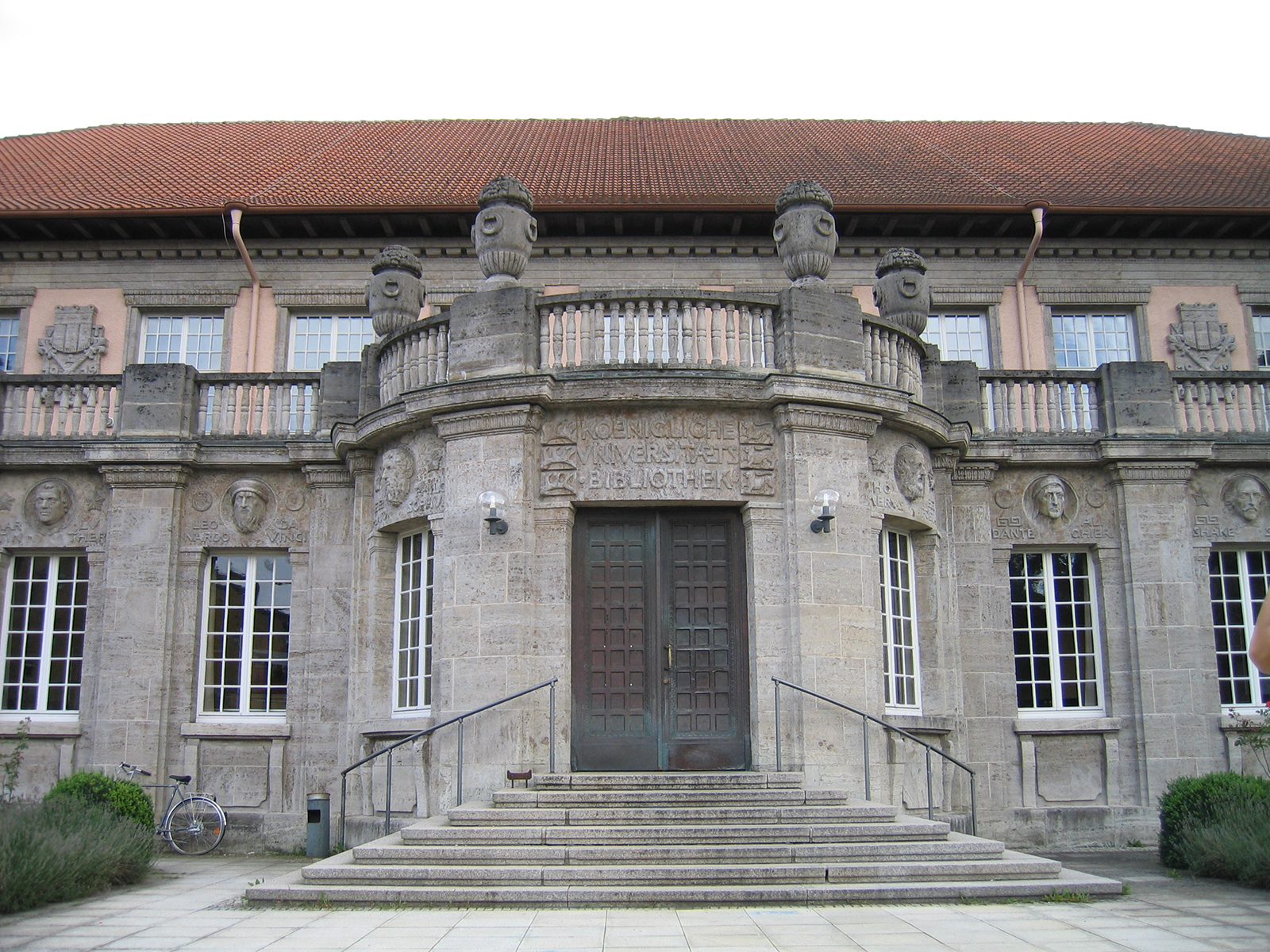University of Tübingen: Medical faculty strengthens university teaching
The medical faculty in Tübingen is bundling its offers for medical teaching: the newly founded TIME (Tübingen Institute for Medical Education) will in future control all activities in the area of university didactics of medicine and medical-related courses. The institute is the first of its kind in Baden-Württemberg. Director Professor Anne Herrmann-Werner also holds the country’s first professorship for medical education with a focus on medical didactics.
With the new institute, the previous competence center for university didactics in medicine and the “DocLab” skills area are being brought together Competence center for university didactics in medicine offers qualification courses and further training for teachers and thus accompanies them in their professionalization, training research, promotion of young talent and networking.
The TüKITZ Med research project, which started in December 2021, is also based at the new institute. Funded by the Federal Ministry of Research, teaching formats for the focus area “AI in medicine” are being developed here in cooperation with the Faculty of Mathematics and Natural Sciences. Students of medicine and medical-related life science courses should be introduced to the basic concepts and methods of artificial intelligence in order to be able to use and interpret AI applications in their professional practice. Later, the AI curriculum will also be used in other courses.
“With TIME we combine the skills area and university didactics in medicine,” says Professor Anne Herrmann-Werner. “Supplemented by the area of (teaching) research, we can offer both students and teachers the ideal environment for further education and networking. In addition, we offer didactic and academic support for teaching formats and projects.”
TIME will ensure the excellence of Tübingen university teaching, says Professor Bernd Pichler, Dean of the Medical Faculty in Tübingen. “The institute will make a significant contribution to using synergies from skill areas with conceptual standardization and to ensuring the quality of education and training in the medical field.”

